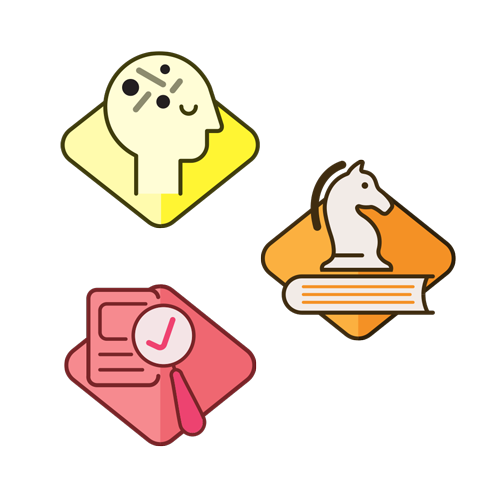Customize a Curriculum for your District
Our pro learning team brings together all your standards and unique needs to craft your custom curriculum


Micro-Credentials
Our credentialed courses give teachers an opportunity to get specialized knowledge and the certificate to match.
- Analyzing Primary Source
- Professional Learning
- Literacy Strategies in Social Studies
Webinars
Attend our weekly webinars to delve deeply into various social studies topics for your classroom.


